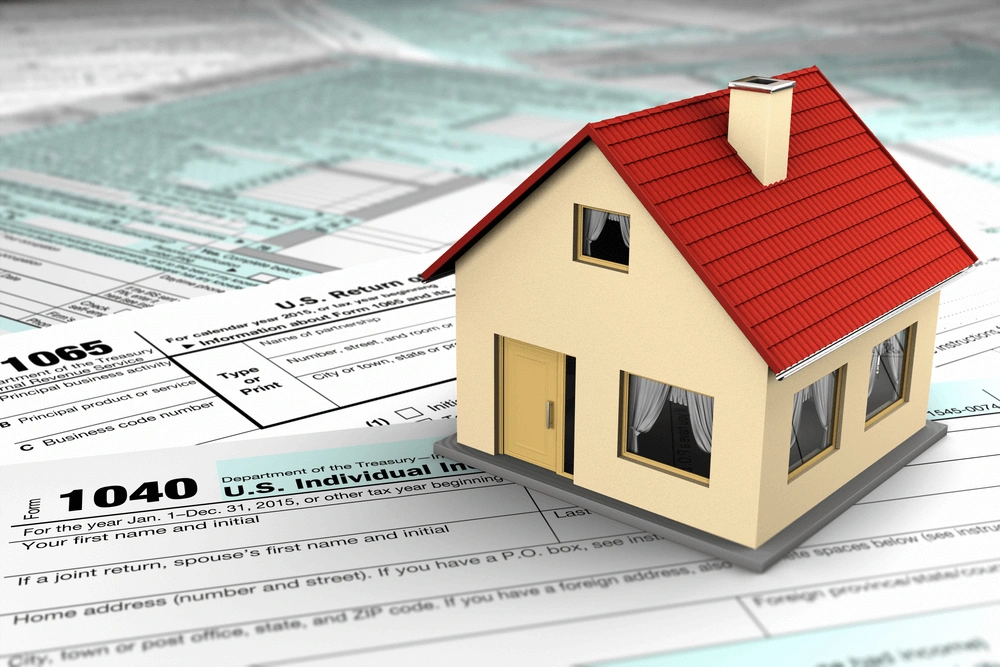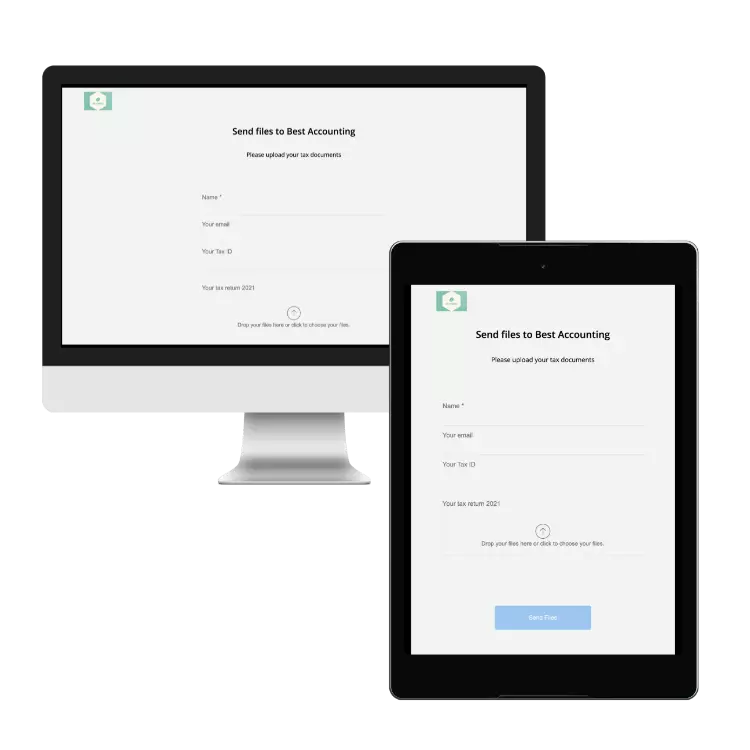Real estate accounting refers to the specialized practice of managing financial transactions, reports, and tax obligations within the real estate industry—including rental income, property expenses, asset depreciation, and capital gains. It ensures accuracy, tax compliance, and profitability for property investors, agents, and managers (Source: National Association of Realtors).

Content
Understanding Real Estate Accounting in the Property Industry
In the real estate sector, financial workflows are unique. Property income is often irregular, expenses vary by location, and asset value changes frequently. Real estate accounting accommodates these intricacies by offering a tailored approach to income tracking, tax planning, and regulatory compliance. Its role is critical in minimizing liabilities and maximizing profitability.
Unlike general accounting, this field incorporates real estate-specific financial reporting, advanced depreciation strategies, and complex tax deductions relevant to investment properties. This tailored financial discipline makes it essential for professionals looking to scale and sustain success.
Who Needs Real Estate Accounting?
Whether you’re managing a single rental unit or overseeing a vast portfolio, the need for real estate accounting services grows with the complexity of your holdings.
Real Estate Investors
Investors rely on real estate accountants to track expenses, calculate return on investment (ROI), and optimize tax filings. With accurate data, they can assess property performance and make informed buying or selling decisions.
Real Estate Agents and Brokers
Brokers and agents often juggle multiple income streams, including commissions, referral fees, and side investments. Real estate tax accountants help manage earnings, deductions, and quarterly taxes—ensuring agents maintain IRS compliance.
Property Managers
Property managers handle rent collection, maintenance costs, and operational expenses. Efficient property management accounting helps keep finances organized, enhances transparency with owners, and streamlines monthly reporting.
Construction Companies and Developers
These firms benefit from construction accountants who specialize in job costing, project budgeting, and managing subcontractor payments. Proper accounting helps avoid delays, cost overruns, and legal disputes.
Core Concepts of Real Estate Accounting
Chart of Accounts for Real Estate
A specialized chart of accounts categorizes financial activities like rent income, HOA dues, repairs, and loan interest. This clarity improves real estate financial reporting and makes audits less stressful.
Accrual vs. Cash Accounting
Real estate professionals must choose between cash basis (recording income/expenses when money changes hands) and accrual basis (when income/expenses are earned/incurred). Many opt for accrual due to its alignment with long-term financial planning and performance tracking.
Rental Income and Operating Expenses
Real estate bookkeeping services ensure proper classification of rental income, maintenance expenses, management fees, and capital improvements. Each of these impacts your taxable income and property value.
Trust and Escrow Accounting
Managing client funds requires precise handling. Escrow and trust accounts must be reconciled regularly. Many jurisdictions legally mandate this practice, reinforcing the need for a qualified real estate accountant.
Depreciation and Amortization
Depreciation reduces your tax burden by spreading property costs over its useful life. A knowledgeable real estate CPA can guide you in leveraging this powerful tax shield effectively.
Choosing the Right Real Estate Accounting Software
Managing real estate finances manually is inefficient. Specialized real estate accounting software automates reconciliation, invoice generation, and reporting.
Recommended Software Tools
- QuickBooks for Real Estate – Offers customizable charts of accounts and expense tracking.
- Buildium – Ideal for property managers, providing owner portals and tenant communication.
- AppFolio – Integrates property management with accounting, payroll, and leasing features.
The right solution depends on your property type, volume, and whether you self-manage or outsource tasks.
Real Estate Tax Planning and Compliance
Tax codes for real estate are complex, but they also offer generous deductions. Working with a real estate tax accountant ensures you don’t overpay or miss out on credits.
Key Tax Deductions
- Mortgage interest
- Property taxes
- Depreciation
- Repairs and maintenance
- Home office (if applicable)
You can also benefit from 1031 exchanges, allowing you to defer capital gains when reinvesting in similar property types. A seasoned real estate CPA can handle this complex transaction, avoiding costly mistakes.
Quarterly and Annual Filings
Investors and agents often need to make estimated quarterly payments. Missing these can result in penalties. Your real estate accountant will help forecast liabilities and maintain accurate financials for IRS deadlines.
What to Look for in a Real Estate Accountant
Hiring a specialized real estate accountant is an investment in long-term financial health. Here’s how to choose the right professional:
- Industry Experience: They should understand property taxes, zoning laws, and lease structures.
- Certifications: A real estate CPA offers verified expertise and ongoing education.
- Technology Proficiency: They should be fluent in industry-standard software like AppFolio, Buildium, and QuickBooks.
- Communication Skills: Transparent reporting and the ability to explain financial data in plain language are essential.
Working with an experienced real estate accounting firm brings more than number-crunching—it’s about strategy, growth, and long-term stability.
Streamlined Bookkeeping Practices in Real Estate
Accurate real estate bookkeeping services are the foundation of solid accounting. Here’s how to improve your financial organization:
Reconcile Bank Accounts Monthly
Regular reconciliation ensures accuracy, identifies fraud early, and simplifies tax prep.
Categorize Expenses Properly
Every transaction should be labeled—utilities, landscaping, property taxes, etc. This enables meaningful reports and deductions.
Separate Business and Personal Finances
A separate business account protects you from liability and simplifies tax filing.
Track Maintenance and Capital Improvements Separately
Maintenance is deductible immediately. Capital improvements must be depreciated. Knowing the difference is key.
Reporting Tools for Real Estate Professionals
Effective real estate financial reporting supports better decision-making.
Key Financial Statements
- Profit & Loss Statement – Tracks net income over time
- Balance Sheet – Displays assets, liabilities, and equity
- Cash Flow Statement – Highlights liquidity trends
- Owner Equity Report – Shows how much capital is tied up in each property
Timely reporting is crucial, especially for multi-property owners or syndicates. It supports financing applications, audits, and stakeholder transparency.
Final Thoughts
Real estate accounting is more than just number management—it’s the backbone of successful investing and property operations. From maximizing tax deductions to maintaining accurate records and automating financial reports, the right strategy can save thousands and protect your long-term assets.
Whether you’re a seasoned investor or just starting out, hiring a qualified real estate accountant or leveraging smart tools is essential. Don’t wait for tax season to get your financial house in order—make it a year-round priority.
FAQs about Real Estate Accounting
What does a real estate accountant do?
A real estate accountant handles financial tracking, tax preparation, and reporting for property professionals. They ensure compliance and profitability through accurate bookkeeping and strategic guidance.
Do real estate agents need an accountant?
Yes, especially those earning six figures or managing investment properties. A real estate CPA helps manage tax obligations, deductions, and financial forecasting.
What is the best accounting method for real estate?
Accrual accounting is typically preferred for larger portfolios, while smaller investors might use cash accounting. A real estate tax accountant can advise on the best approach.
Is real estate accounting software worth it?
Absolutely. Real estate accounting software reduces errors, saves time, and ensures professional-level financial management—even for solo investors.

Ryan Myers is a business blog author and writer. He graduated from the University of California, Berkeley in 2009 with a degree in Political Science. His favorite topics to write about are blogging for small businesses and becoming an entrepreneur.





